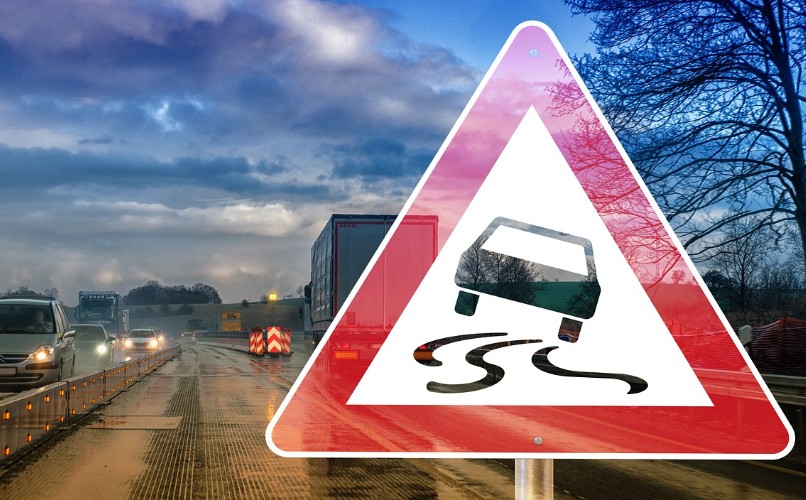
By Frank Knapp, special to Statehouse Report | Like the rest of the nation, South Carolina’s economy seems to be humming along.
But there are warning signs and growing concern that we are heading to a recession.

The Labor Department released its monthly jobs report last week. It showed that 130,000 new jobs were created in August. However, around 25,000 were temporary census workers hired by the federal government. That puts the August total for new private-sector jobs at about 100,000.
For his part President Trump is furious at the “fake news” for pointing out that the Labor Department numbers were well below economist expectations.
Maybe August is just a “quirky month.” That is how Larry Kudlow, President Trump’s National Economic Council Director, described it.
So was August a good month for new jobs or not?
There is no question that the economy both in our state and across the country continues to add new jobs each month. It’s been doing that without a break since October of 2010 following the Great Recession.
There is also no question that the monthly new jobs rate nationally in 2019 (143,000) is considerably less than in 2018 (192,000) according to the Labor Department.
We also know that the manufacturing sector, while adding a few thousand jobs over the last couple of months, has shrunk the last two quarters meeting the criteria for being in a recession.
This would be consistent with the ADP August data which showed that very small businesses (less than 20 employees) nationally shed 1000 jobs in the goods-producing sector.
The good news, according to ADP, is that these very small businesses added 26,000 jobs overall in August, turning around three consecutive months of job losses totaling 105,000.
Does this mean that these very small businesses are healthy again and that all my hand-wringing over the May–June–July ADP jobs reports was not warranted?
I don’t believe so.
The evidence is clear that the economy is not what it has been and consumers are feeling it.
The University of Michigan’s consumer sentiment survey found a sharp decline in consumer confidence in August.
A Quinnipiac University poll taken at the end of August also found public sentiment shifting negatively on the economy. “For the first time since President Trump was elected, more voters say that the national economy is getting worse than getting better, with 37 percent saying it is getting worse, 31 percent saying it is getting better, and 30 percent saying it is staying the same.”
The significance of these two polls cannot be overstated. If consumer spending which makes up 70 percent of the economy starts to decline, small businesses will feel it first.
Americans might have jobs, but many also have financial problems.
Families today are deeper into debt because of student loans, medical bills, housing and transportation.
The average American family did not get the $4000 raise in income promised by the 2017 tax law. In fact, the American taxpayer paid $93 billion more in 2018 federal taxes than the year before.
Small business owners also did not benefit from the 2017 tax law. A national poll by Businesses for Responsible Tax Reform found that 72 percent of small business owners say that the 2017 tax law had either no positive effect on their business or a negative effect.
Small businesses have already been feeling the consumer angst about the economy and their finances. The resulting decline in consumer spending on Main Street is what the loss of jobs for three of the past four months by very small businesses reflects.
We will have to wait to see if the September jobs report for these very small businesses continues the good news of August.
Or we’ll find that Mr. Kudlow was correct. August was a “quirky month” and a slumping economy is in our future.
Frank Knapp is the co-chair of Businesses for Responsible Tax Reform and president/CEO of the South Carolina Small Business Chamber of Commerce.
- Have a comment? Send to: feedback@statehousereport.com.















 We Can Do Better, South Carolina!
We Can Do Better, South Carolina!